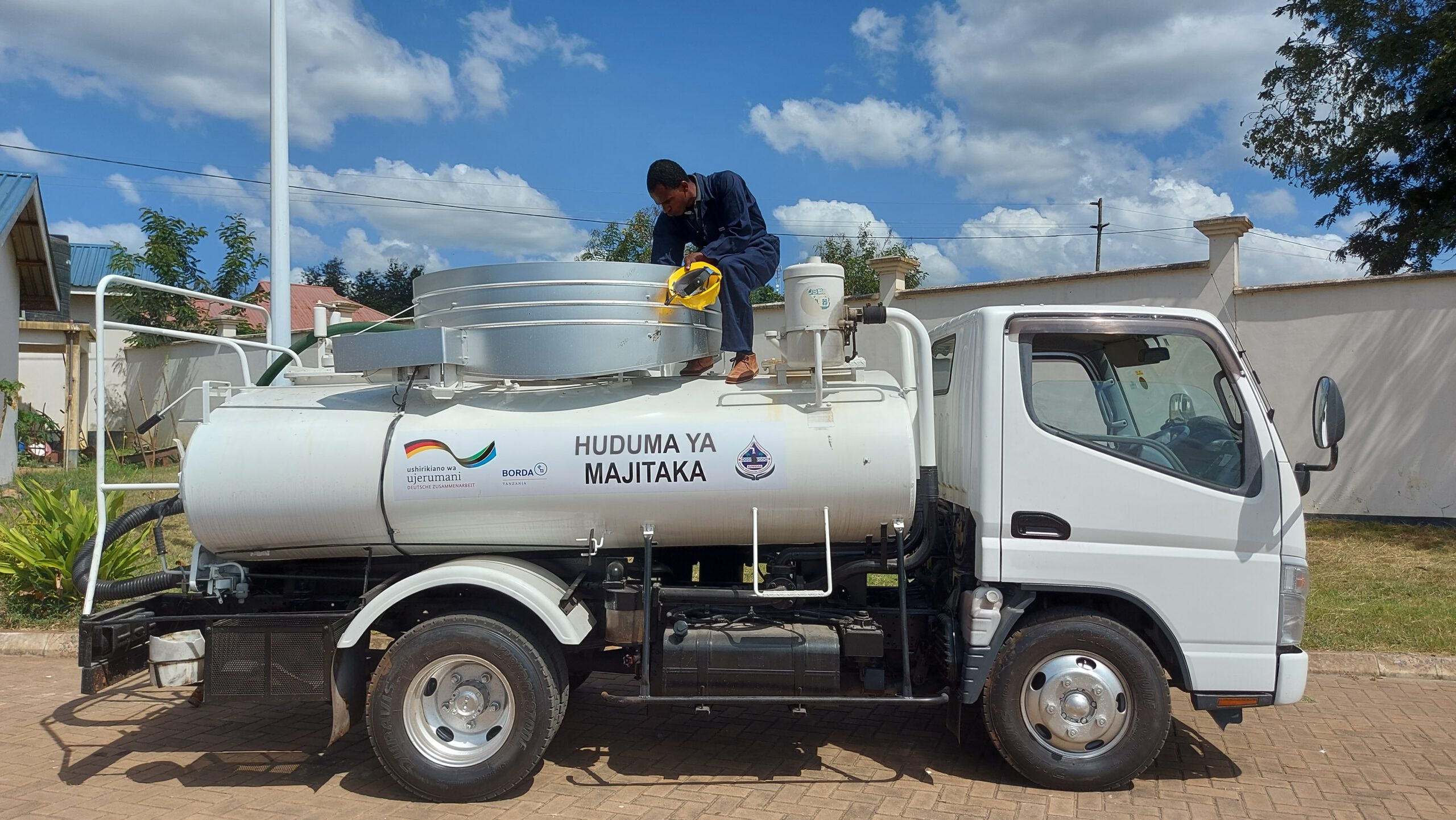Transforming Sanitation: The Essential Guide to Faecal Sludge Management (FSM)
In communities worldwide, managing human waste remains a critical challenge, particularly where conventional sewer systems are absent. Faecal Sludge Management (FSM) emerges as a sustainable solution, focusing on the safe collection, treatment, and disposal or reuse of faecal sludge from pit latrines, septic tanks, and other onsite sanitation systems. Fecal sludge is a mixture of human excreta, water and solid wastes ( e.g. toilet paper, other cleansing materials or mentrual hygiene materials) that are disposed of in pits, tanks or vaults of onsite sanitation systems.
Why FSM Matters
FSM is crucial for public health, environmental protection, and social dignity. Without effective FSM, untreated faecal sludge can contaminate water sources, spread diseases, and exacerbate public health crises. It’s a cornerstone for achieving global sanitation targets and improving quality of life in underserved areas.
The Process of FSM
Effective FSM involves several key steps: safe containment, reliable collection, proper transport, and sustainable treatment and disposal or reuse. Each step is vital to ensuring that sludge is managed in a way that protects public health and the environment.
Innovations in FSM
Innovations in FSM technologies and approaches are making sanitation accessible and affordable even in the most resource-constrained settings. From advanced treatment processes that convert waste into valuable resources like biogas and compost, to community-led initiatives improving local sanitation infrastructure, FSM is at the forefront of sustainable development.
The Role of Global Collaboration
The success of FSM requires collaboration across sectors and borders. Governments, NGOs, and communities must work together to share knowledge, resources, and technologies. International organizations like the Bill & Melinda Gates Foundation are pivotal in funding research and projects aimed at revolutionizing FSM practices and enable their application in more and more regions of the global south.
Call to Action
Embracing FSM is not just an investment in sanitation; it’s an investment in the future of communities and the planet. It’s time for global action to prioritize and expand FSM initiatives, ensuring everyone, everywhere, has access to safe and dignified sanitation.




